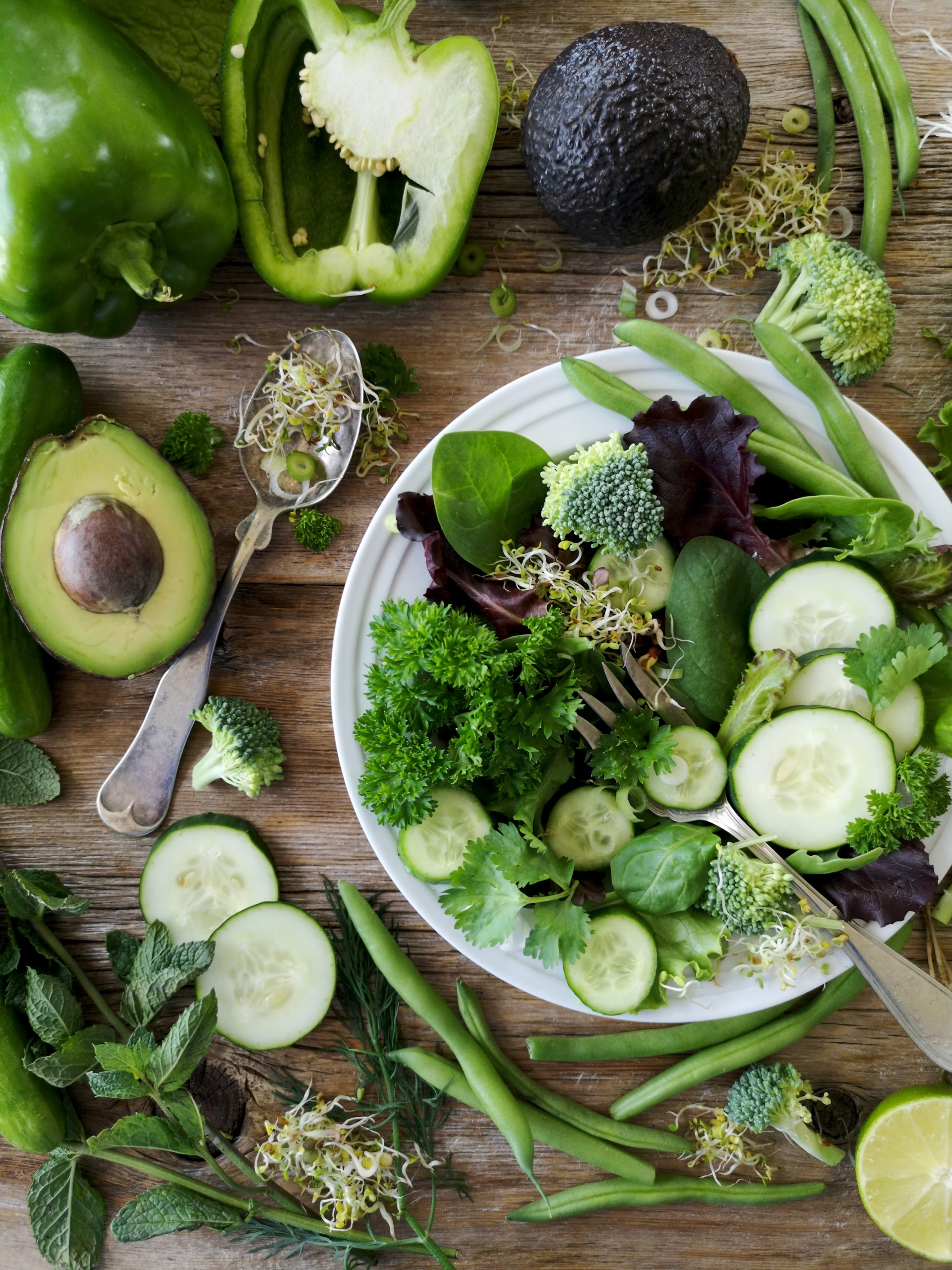
Fueling Your Body with Fiber: Why It Matters and Where to Get It
When it comes to nutrition, fiber doesn’t always get the attention it deserves—but it’s one of the most important players in our overall health. Found in plant-based foods, fiber is a type of carbohydrate that your body can’t fully digest. Instead of being broken down for energy, it moves through your digestive system, doing important behind-the-scenes work that benefits everything from your gut to your heart.
Fiber plays a key role in daily wellness. Here’s how:
Supports Digestion: Fiber helps keep things moving, preventing constipation and promoting regularity.
Stabilizes Blood Sugar: It slows the absorption of sugar, which helps prevent energy crashes and keeps you feeling more balanced throughout the day.
Lowers Cholesterol: Soluble fiber (found in oats, beans, and fruit) can help reduce bad cholesterol levels, supporting heart health.
Keeps You Full Longer: High-fiber foods are naturally filling, which can help curb cravings and support healthy weight management.
Feeds Your Gut Microbiome: Certain fibers act as prebiotics—fuel for the beneficial bacteria in your gut that influence mood, immunity, and digestion.
Most adults need between 25–35 grams of fiber per day, but many of us fall short. The good news? Small changes can make a big difference.
There are two main types of fiber—soluble (which dissolves in water) and insoluble (which adds bulk to your stool)—and your body needs both. Here are some simple ways to include them in your meals:
Fruits: Apples, pears (with the skin), berries, bananas, oranges
Vegetables: Broccoli, carrots, leafy greens, Brussels sprouts, sweet potatoes
Whole Grains: Oats, brown rice, quinoa, barley, whole grain bread or pasta
Legumes: Lentils, black beans, chickpeas, kidney beans
Nuts & Seeds: Chia seeds, flaxseeds, almonds, sunflower seeds
Fiber works best when paired with water. Without enough fluid, too much fiber can lead to bloating or discomfort. So sip throughout the day—especially if you’re increasing your fiber intake.
The Bottom Line:
Fiber is one of the simplest ways to support your digestion, energy, and overall health—naturally. By choosing whole, plant-based foods throughout the day, you’re giving your body the fuel it needs to thrive from the inside out.